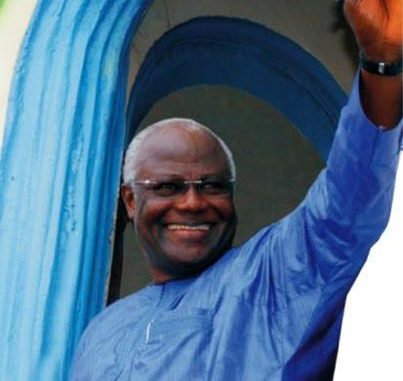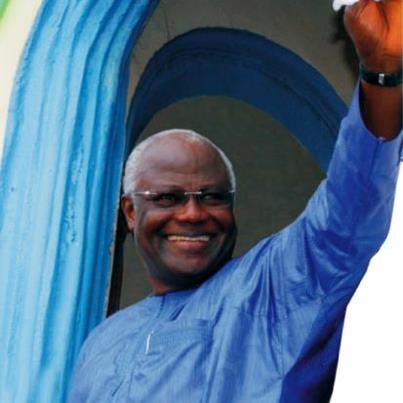
London (AFP) – The Ibrahim Prize for Achievement in African Leadership — the world’s biggest individual prize — has no winner for the fourth time in five years, it was announced Monday.
At a press conference in London, the Mo Ibrahim Foundation said there would be no winner for the second straight year, stressing they would not lower the bar of excellence required to win the lucrative prize.
“After careful consideration, the prize committee has determined not to award the 2013 prize,” said committee chair Salim Ahmed Salim, the former Tanzanian prime minister and one-time head of the Organisation of African Unity, which became the African Union.
The award, set up by Sudan-born telecoms tycoon Mo Ibrahim in 2007, carries a $5 million (3.7 million euro) prize paid over 10 years and $200,000 annually for life from then on, with a further $200,000 per year available for 10 years for good causes backed by the winner.
The award goes to a democratically elected African leader who demonstrated exceptional leadership, served their mandated term and left office in the last three years.
The Mo Ibrahim Foundation has now awarded the annual prize only three times since it was established, plus two special awards given to South Africa’s Nelson Mandela and South African former archbishop Desmond Tutu.
The last laureate was former Cape Verde president Pedro Pires, who won in 2011.
Former Irish president Mary Robinson, who is on the foundation board, defended the decision not to award the prize and questioned how often such a prize would have been awarded in Europe.
“We couldn’t find a leader of that excellence” they were looking for, Robinson said. “We didn’t ever expect that we would award it every year.”
The London-based foundation also publishes the Ibrahim Index of African Governance, ranking 52 countries according to 94 indicators grouped under safety and the rule of law, participation and human rights, sustainable economic opportunity and human development.
The index found that 94 percent of Africa’s population lives in countries which have witnessed an overall improvement in governance since 2000.
It also showed a widening span in performance between the best and worst governed countries.
The top five countries stayed the same, with Mauritius topping the index with a score of 83 out of 100. Botswana (78) has overtaken Cape Verde (77), ahead of the Seychelles (75) and South Africa (71).
Somalia remained at the bottom with a score of just eight, way behind Democratic Republic of Congo (31), Eritrea (32), Central African Republic (33) and Chad (33).
“Neither Afro-pessimism nor Afro-optimism do justice to modern Africa,” Ibrahim said in a statement issued Monday.
“This is now the age of Afro-realism — an honest outlook on our continent. It’s about a celebration of its achievements but also a pragmatic acknowledgement of the challenges that lie ahead.”
The index’s biggest risers since 2000 are Liberia, up 25 points to 50 points (currently ranked 29), Angola, up 18 points to 45 (ranked 39) and Sierra Leone, up 15 points to 48 (ranked 31).
The biggest fallers since 2000 are Madagascar, down 12 points to 46 (37th), Eritrea, down six points to 32 (50th) and Guinea-Bissau, down two points to 37 (46th).





Leave a Reply